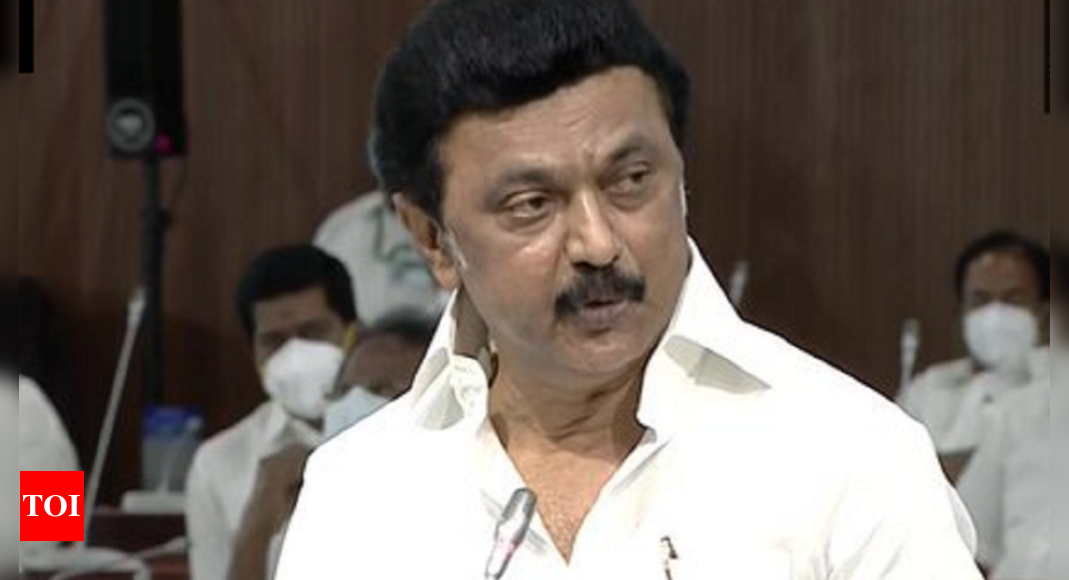CURRENT AFFAIRS
Get the most updated and recent current affair content on Padhaikaro.com
Tamil Nadu’s ‘Meendum Manjappai’ scheme
- IAS NEXT, Lucknow
- 25, Dec 2021

Reference News:-
Tamil Nadu Chief Minister M.K. Stalin has launched the ‘Meendum Manjappai’ campaign aimed at creating awareness on the usage of cloth bags instead of single-use plastic bags.
Background:
The Tamil Nadu government has already banned 14 types of plastic materials.
Way ahead?
Enforcement is key for the ban to be effective.
- The government also needs to address important structural issues such as policies to regulate the use of plastic alternatives, improve recycling and have better waste segregation management.
- In addition to improving recyclability, investment in research and development for alternatives should also be a priority.
What are single use plastics?
Single-use plastics refer to disposable items like grocery bags, food packaging, bottles and straws that are used only once before they are thrown away, or sometimes recycled.
Why plastics?
- As plastic is cheap, lightweight and easy to produce, it has led to a production boom over the last century, and the trend is expected to continue in the coming decades, according to the United Nations.
- But countries are now struggling with managing the amount of plastic waste they have generated.
About 60% of plastic waste in India is collected — that means the remaining 40% or 10,376 tons remain uncollected.
Background:
In 2019, the Union government in a bid to free India of single-use plastics by 2022, had laid out a multi-ministerial plan to discourage the use of single-use plastics across the country.
The strategy:
A government committee has identified the single use plastic (SUP) items to be banned based on an index of their utility and environmental impact. It has proposed a three-stage ban:
- The first category of SUP items proposed to be phased out are plastic sticks used in balloons, flags, candy, ice-cream and ear buds, and thermocol that is used in decorations.
- The second category, proposed to be banned from July 1, 2022, includes items such as plates, cups, glasses and cutlery such as forks, spoons, knives, straws, trays; wrapping and packing films used in sweet boxes; invitation cards; cigarette packets; stirrers and plastic banners that are less than 100 microns in thickness.
- A third category of prohibition is for non-woven bags below 240 microns in thickness. This is proposed to start from September next year.
Challenges ahead:
- It is not going to be an easy task given that close to 26,000 tons of plastic waste is generated across India every day, of which more than 10,000 tons stays uncollected.
- A significant amount of plastic ends up in rivers, oceans and landfills.
What needs to be done?
- The government has to do a thorough economic and environmental cost-benefit analysis.
- The plan has to take into account social and economic impacts for the ban to be successful.
- We need better recycling policies because resources are poor and there needs to be a much broader strategy.